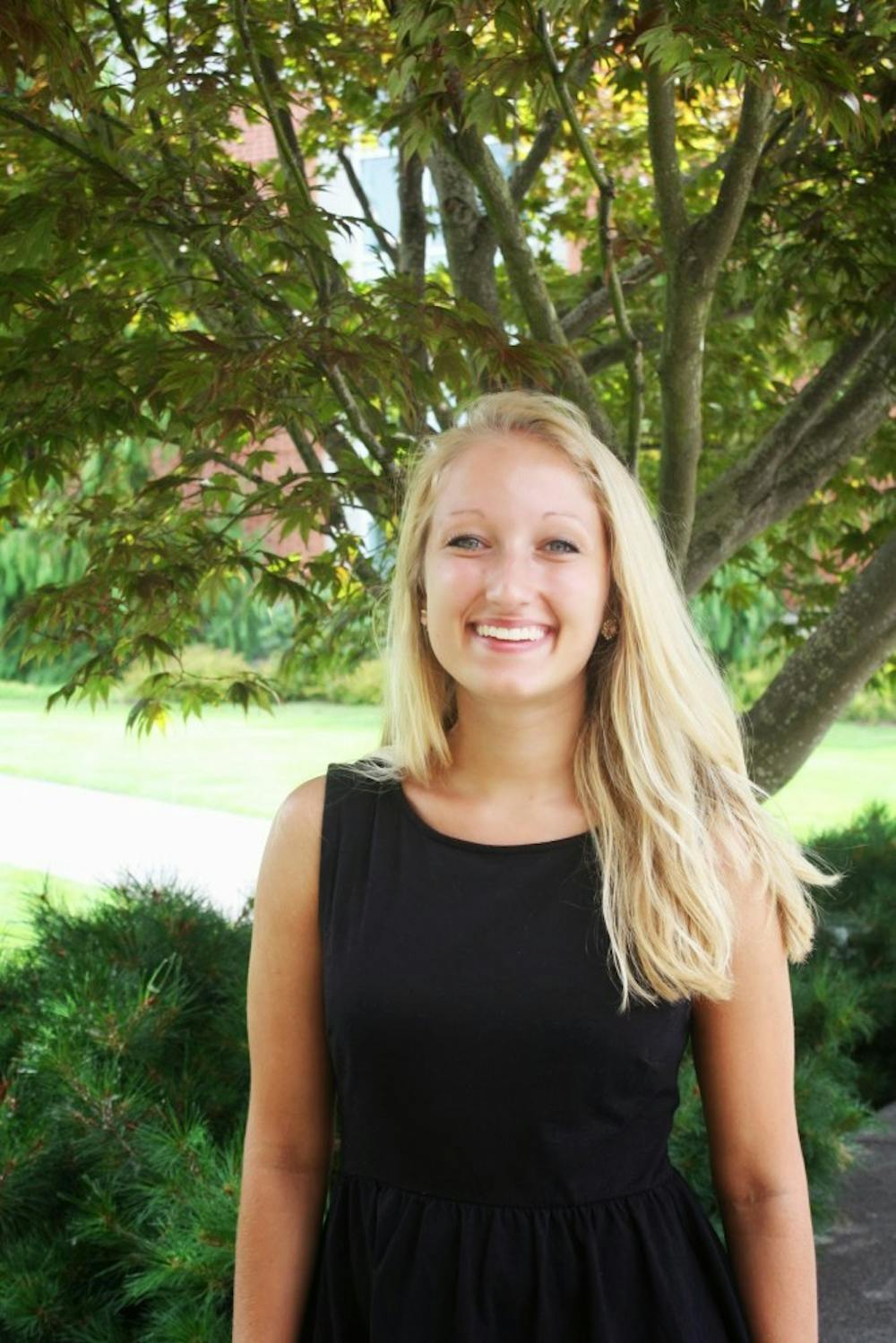Walter Scott was a human being. But Walter Scott was not treated like a human being. He was not treated like a human being when he was being fired upon eight times. He was not treated like a human when he was left face down in the dirt by the two officers who watched him die.
Victims of police brutality are not treated like human beings.
But neither are the police.
Officer Michael Slager is a human being. But he and other officers who have been involved in police brutality incidents are not treated like human beings.
No police officer wakes up in the morning and thinks, “I hope I go to work and kill someone today.” No one (in their right mind) ever wants to kill someone, but police officers are faced with that possibility every day.
Every time an officer puts on their uniform and walks on the street, they become a potential
target - and they’re aware of that. This awareness then perpetuates a hypervigilance and a general distrust for everyone they come in contact with.
Last week, I attended a screening of the documentary “Arresting Power,” which chronicles the history of police brutality here in Portland.
In the documentary the mother of a fatal incident of police brutality asked the camera, “How come they’re always the winners and we’re always the losers?”
In response to her question, I’d say: We’re all losers in an unjust system that fails to humanize both sides of a very complicated systematic, historical and cultural problem.
I would argue that acknowledging the humanity in a person can combat the systemic issues that perpetuate police brutality. Something as simple as using someone’s name can be a small reminder of their humanity.
A name implies a person, a life, a family, a story. A person with a name and a story is a lot harder to shoot than a nameless, faceless person defined by their (suspected) criminal status.
But it’s more complicated than that. If officers acknowledge the humanity in the people they interact with on a regular basis, if they establish relationships with these people, and then one day have to make split-second decision to possibly kill them - the trauma of killing someone they had a bond with could be far more emotionally scarring than killing someone they dehumanized. In this way, the dehumanization of criminals/civilians is a defense mechanism or a coping strategy for officers.
But if someone has to de-humanize a human being in order to do their job well, isn’t there something inherently wrong with they way they’re doing that job?
I don’t think people are wired to kill other human beings. It’s so clear that we aren’t, given the countless studies of PTSD and other effects of trauma on the brain experienced by police officers or people in the military.
Some people say, “Someone has to do it,” but I’m not convinced.
I don’t have a solution. I wish I did.
But I think the first step we can take to fighting against the systemic problems that lead to police brutality (and almost every other social issue) is to humanize these discussions, to acknowledge the humanity in everyone involved and to open ourselves to the possibility that everyone (criminals, cops, and civilians) has a name, a family, a life, and a story.









